On the afternoon of May 14, National Assembly deputies discussed in the hall the draft Law on Cadres and Civil Servants (amended).
Studying the draft law, Deputy Dang Bich Ngoc (Hoa Binh) proposed to soon have guidelines on connecting cadres and civil servants at the commune level with the provincial level, unifying a civil service regime from the central to the grassroots level to deploy synchronously with the roadmap for arranging administrative units at the commune level for unified implementation.
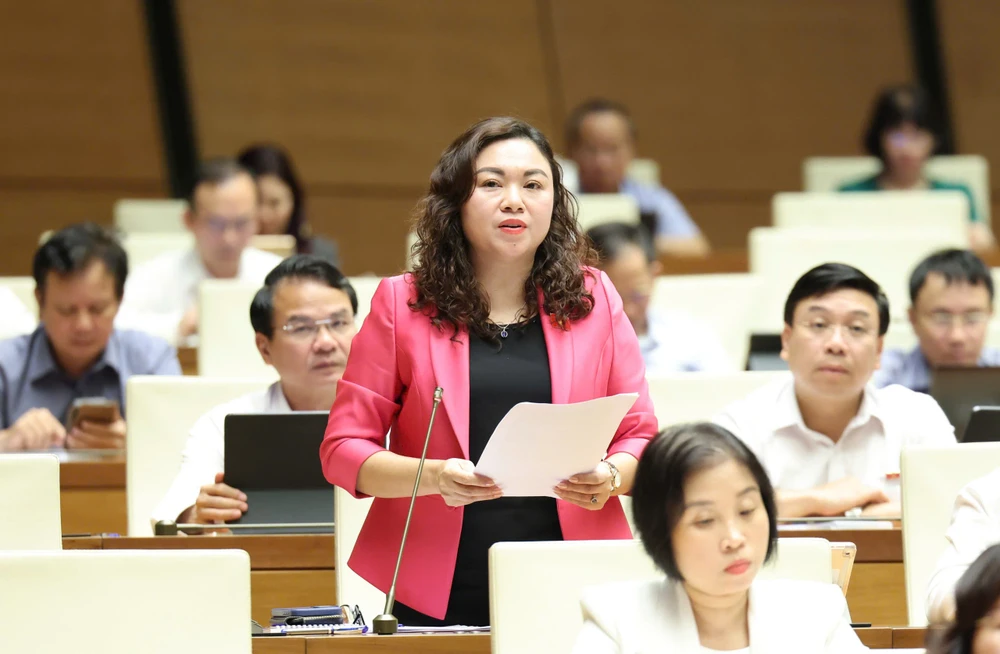
Along with that, Deputy Ngoc suggested that the draft should have regulations on criteria for identifying talented people to facilitate localities in implementation.
Regarding regulations on civil servant evaluation, Deputy Dang Bich Ngoc said that evaluating cadres and civil servants is still considered the most difficult step to accurately assess the quality of the cadre team.
From the above comments, Deputy Ngoc suggested that in order to evaluate the results of a cadre or civil servant's products consistently and continuously, the evaluation must be carried out continuously every quarter, 6 months, and 1 year to avoid the review in 1 year, many tasks will be missed and forgotten. It is suggested to add a cross-monitoring mechanism, feedback from colleagues and people to ensure objectivity, comprehensiveness, and limit the subjective evaluation of the leader.
Deputy Tran Van Tuan (Bac Giang) supports the policy of managing civil servants based on job positions and practical capacity. Therefore, the civil servant ranks in the draft law, according to the delegate, need to be regulated more clearly. "Cadres and civil servants need to be assessed to be placed in ranks equivalent to their qualifications, capacity, and qualities; this can be done through exams or recruitment, but the assessment must be objective," Deputy Tuan emphasized.
Explaining and clarifying some issues of concern to delegates, Minister of Home Affairs Pham Thi Thanh Tra said that this amendment and supplement to the law is to establish legal basis for linking the team of civil servants at the commune level with the provincial level, building a common civil service regime for the entire system, from the central to the grassroots level, meeting the requirements of redesigning administrative units at all levels.
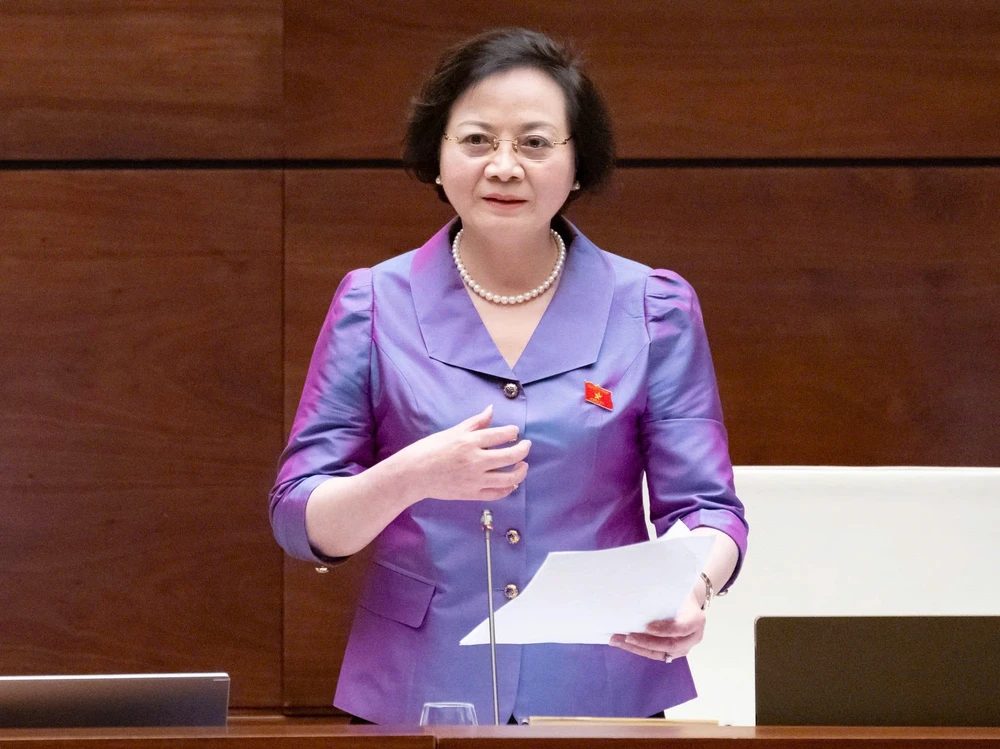
Along with that, amending and supplementing a number of articles of the law is also to restructure the team of cadres and civil servants, linking them to job positions and improving the quality of the team. Besides, it ensures consistency with the Party's regulations on cadres and civil servants, institutionalizing the Party's policies.
Regarding job positions and the relationship with the civil service, Minister Tra informed that this draft law has established a civil service regime based on the principle that job positions are the center, the foundation, the core for operating throughout the entire administrative system. Ensuring the basis for determining the payroll, human resources and the sole basis for recruitment, use, training, fostering, rewarding and paying salaries.
"Ranks are just technical auxiliary tools to determine ranks and professional qualifications in public service and are flexibly reduced and integrated into the system describing the competency framework of job positions. Therefore, we decided to eliminate the rank promotion exam," Minister Tra informed.
Minister Pham Thi Thanh Tra also said that the draft law "positions" talented people as special subjects in establishing a civil service that values and innovates. From there, there will be human resource solutions, as well as strategic choices in national governance in an era of competition through knowledge and technology...
Meanwhile, discussing further the regulations on evaluating cadres and civil servants, Ms. Pham Thi Thanh Tra said that this time, the assessment has shifted from qualitative to quantitative, with evidence, with products according to job positions, according to assigned responsibilities, with output products, and with innovation in evaluation results. However, according to Ms. Tra, the Government will have specific regulations.
"The assessment results are quantified according to job positions, ensuring substantive, public, transparent and accurate assessments. From there, it serves as a basis for implementing the principle of no lifelong tenure mindset," said the Minister of Home Affairs.
Source: https://www.sggp.org.vn/dinh-vi-nguoi-co-tai-la-chu-the-dac-biet-trong-luat-can-bo-cong-chuc-sua-doi-post795246.html




![[Photo] Prime Minister Pham Minh Chinh chairs conference on anti-smuggling, trade fraud, and counterfeit goods](https://vphoto.vietnam.vn/thumb/1200x675/vietnam/resource/IMAGE/2025/5/14/6cd67667e99e4248b7d4f587fd21e37c)








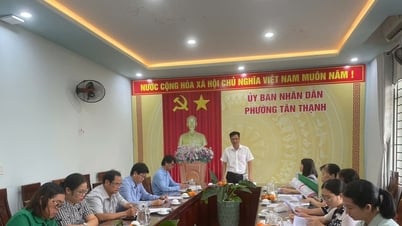


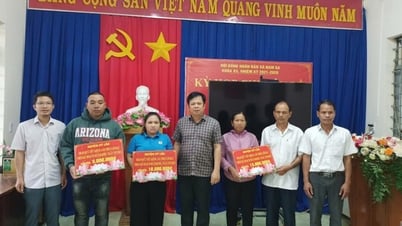








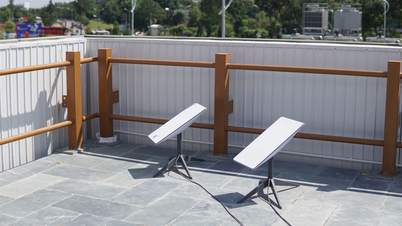





































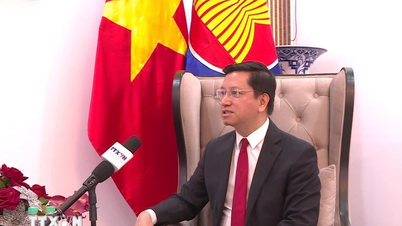

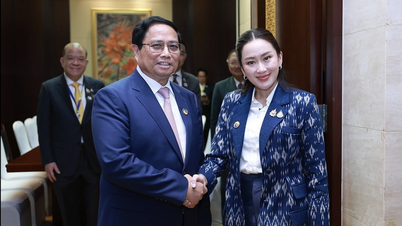

























Comment (0)